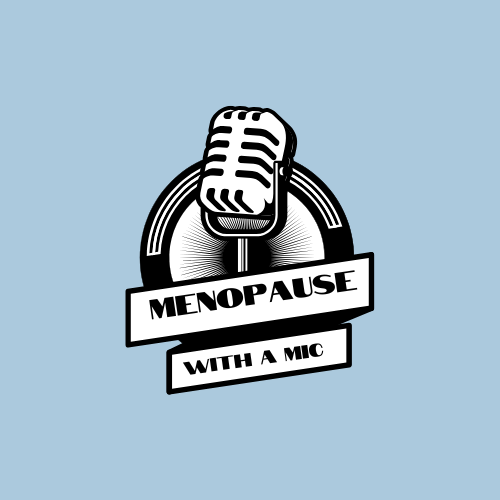
Humor, Hormones & Hope
Podcasts & Media
Informed = Empowered! Aging has never looked or felt this great! Kathy Norton joins the girls this week to reminisce about the good old days of home shopping and even better days ahead helping women as a certified menopause coach.
Hot topics, fresh takes, and real conversations from The Menopause Store—as seen (and heard) on podcasts, in media, and beyond.
Research & Expert Insights
When it comes to midlife health, most of us focus on the hot flashes, sleep struggles, or skin changes (hi, estrogen!). But there’s something quieter happening beneath the surface that deserves just as much attention: your bones.
The DUTCH test is a lab-developed, at-home urine collection test that measures hormone metabolites in your urine over the course of a day. Unlike traditional blood or saliva tests that offer a single snapshot, DUTCH provides a time-lapse view of how your body is producing, using, and breaking down hormones.
When it comes to hormone therapy, there’s no one-size-fits-all solution—especially in the nuanced world of perimenopause and menopause. That’s where the W-R-I-G-H-T cycling method comes in.
You’ve heard of estrogen, the hormone that gives women curves, fertility, and (let’s be real) mood swings. But did you know that how your body breaks down estrogen matters just as much as how much you make or take?
Many women experience symptoms such as hot flashes, night sweats, brain fog, low mood, insomnia, and weight changes. About 75% of women report hot flashes, and nearly 40% have increased risk of mood shifts or depression during menopause. These symptoms often impact quality of life, work performance, and relationships.
Menopause, which officially begins one year after your last period, can bring with it some noticeable changes to the skin and hair. However, with the right care, you can lessen these effects.
After menopause, decreased estrogen alters the vaginal mucosa—higher pH, thinner tissues, fewer protective lactobacilli—which creates conditions that promote uropathogen colonization and UTI risk.
This falls under the broader “genitourinary syndrome of menopause” (GSM), where atrophic vaginitis frequently leads to urinary symptoms and infection vulnerability.
Women are beginning to push back against the stigma and shame that has historically defined menopause. As these conversations gain momentum, they reveal just how little we understand this phase of life.
What People Are Talking About
In 2025, the FDA made a landmark decision to update labeling for both systemic and local estrogen therapies — officially removing the boxed warning and modernizing hormone therapy guidance based on decades of science.
Let’s Talk Menopause is a nonprofit invested in changing the conversation around menopause so women get the information they need and the healthcare they deserve.











